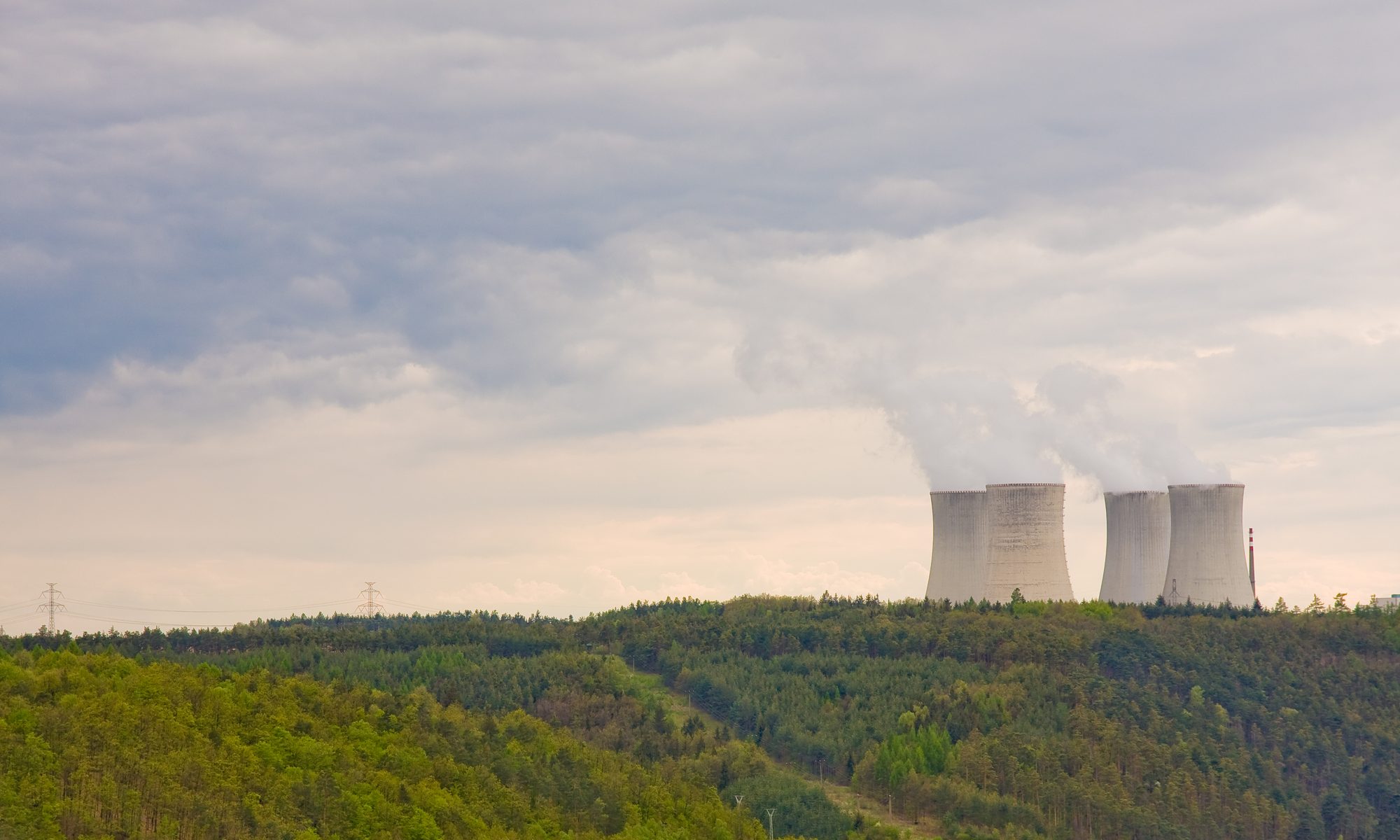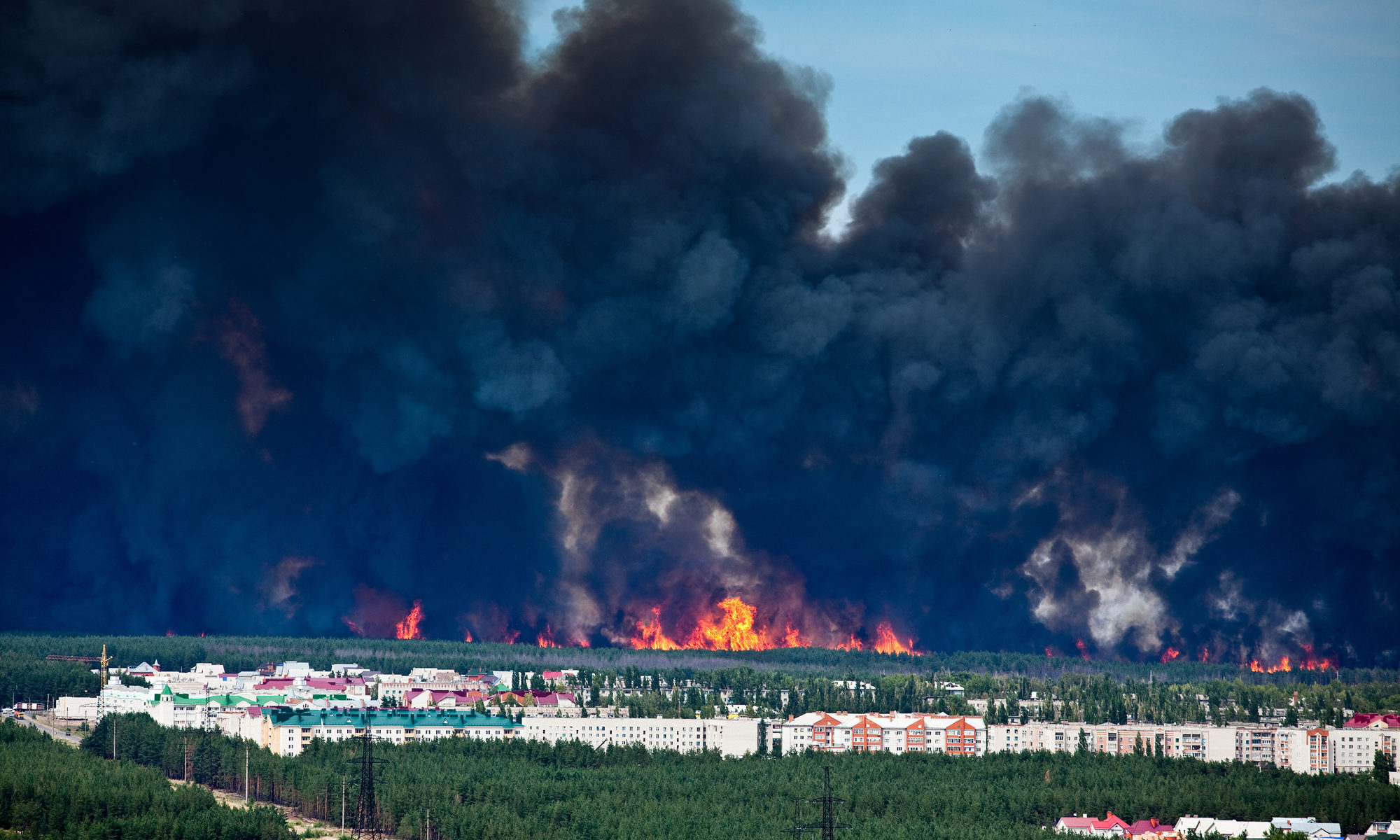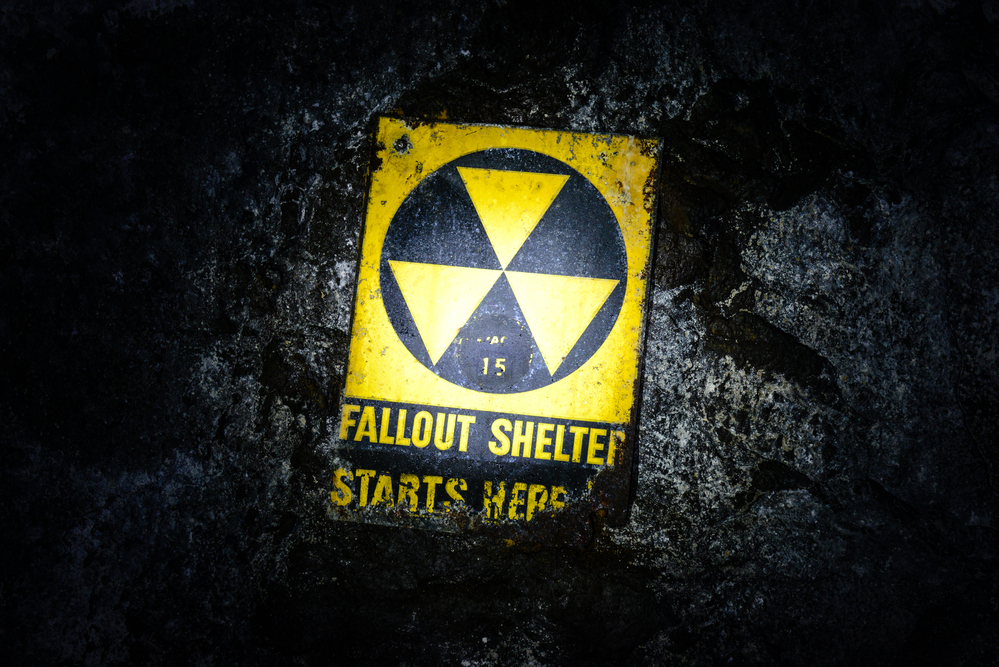Last month, Germany closed its three remaining nuclear power plants, eliciting an open letter of protest from two Nobel laureates, senior professors, and climate scientists. Nuclear energy is one of, perhaps the, least carbon-intensive power sources, additionally boasting a smaller environmental impact than some other low-carbon alternatives due to its compact footprint. However, Germany has struggled to replace its fossil fuel plants with greener options. Consequently, phasing out nuclear energy will require burning more coal and gas, increasing emissions of CO2 and deadly air pollutants.
Ironically, the political movement against German nuclear power was led by ecological activists and the Green Party. According to their election manifesto, nuclear energy is “a high-risk technology.” Steffi Lemke, Federal Minister for the Environment and Nuclear Safety, argued, “The phase-out of nuclear power makes our country safer; ultimately, the risks of nuclear power are uncontrollable.”
While there is some risk associated with nuclear energy, as evidenced by disasters like Chernobyl, the question remains: Are the German Greens justified in shutting down nuclear power plants due to these risks?
Risks, even very deadly ones, can be justified if the benefits are significant and the chance of a bad outcome is sufficiently low. The tradeoff with nuclear power is receiving energy at some level of associated risk, such as a nuclear meltdown or terrorist attack. Despite these risks, having access to energy is crucial for maintaining modern life and its conveniences – lights, computers, the internet. In fact, our lives might be more dangerous without energy, as our society would be much poorer and less capable of caring for its citizens.
It might be argued that another energy source could provide the same benefits without the risks of nuclear power. However, it is essential to gain perspective on the relative risks involved. Despite the fixation on nuclear meltdowns, nuclear power is significantly less risky than alternatives.
For every terawatt hour (TWh) produced, coal energy, still widely used in Germany, causes an estimated 25 deaths through accidents and air pollution. Natural gas, which is growing in German energy production, is safer, causing around three deaths per TWh. In contrast, nuclear power results in only 0.07 deaths/TWh, making it 467 times safer than brown coal and 40 times safer than natural gas. Accounting for deaths linked to climate change would further widen these disparities. A coal plant emits 273 times more CO2 (and 100 times more radiation) than a similar-sized nuclear plant. By eliminating the risks of nuclear energy, Germany inadvertently takes on even greater environmental and health risks.
Germany is in the process of transitioning to renewable energy sources, such as wind and solar. It may be justifiable to shut down nuclear power and eliminate the associated risks assuming that nuclear power is being entirely replaced with renewable sources. However, as of 2021, 75% of German energy came from fossil fuels. Had Germany maintained its nuclear power plants, its growing renewables could be replacing much more fossil fuel energy production. Replacing good with good is not as impactful as replacing bad with good.
The German Greens are correct that nuclear power has some associated environmental and health risks. They chose a strategy of moral perfectionism, doing whatever was necessary to eliminate those risks.
But pushing to eliminate nuclear energy, in the name of safety and environmentalism, has inadvertently led to increased reliance on fossil fuels and heightened environmental and health risks. This demonstrates the potential pitfalls of adhering to our principles and values without considering compromises and trade-offs.
We should, however, be cautious. Just as moral perfectionism can lead us astray, too easily abandoning our principles in the name of pragmatism risks ethical failures of other kinds.
Act consequentialism is probably the most “pragmatic” moral theory. It posits that the right action is whatever creates the best consequences. You should lie, steal, and kill whenever it produces the best outcome (although it rarely does).
Critics of consequentialism argue that it leaves little room for individuals to maintain their integrity or act on their personal values. The philosopher Bernard Williams provided an illustration: Jim, a tourist in a small South American town, finds himself with a terrible choice to either kill one innocent villager or let the local captain kill all twenty villagers. The utilitarian answer is clear: Jim should kill one villager to save the others, as it produces the best outcome. However, Williams argued that we could understand if Jim couldn’t bring himself to kill the innocent villager. If Jim failed to do so, we might not blame him, or at least not blame him harshly. Yet, utilitarianism suggests that Jim would be doing just as much wrong as if he personally killed all but one of the villagers. His action resulted in nineteen more deaths. This example demonstrates the extreme moral pragmatism of consequentialism, which seemingly overlooks the importance of personal integrity and living according to one’s beliefs and values. This is the danger of taking moral pragmatism too far.
But the anti-nuclear Greens may provide an example of moral perfectionism going too far. Morality is not solely about sticking to your principles. Balancing costs and benefits, compromising, and prioritizing are all equally important. We cannot afford to let the pursuit of perfection prevent us from doing the good we can. But neither can we entirely abandon our personal values and principles, as doing so risks devaluing the personal factors that allow us to make sense of our lives. Perhaps there is some room, in some cases, for acting on principle even if it doesn’t result in the best consequences.








